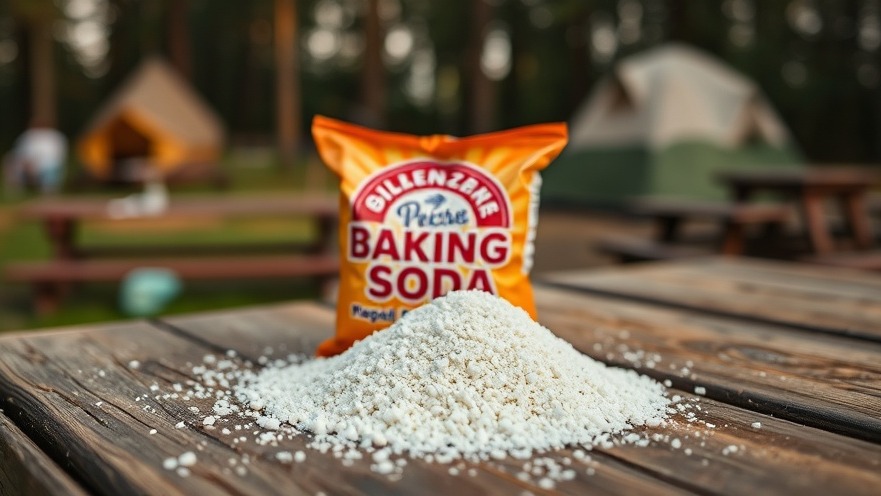
Understanding Osteopenia: What Every Strong Woman Should Know
In today's society, the phrase "strong women" resonates deeply. However, strength goes beyond just physical endurance; it stretches into the realms of health and longevity, particularly in regard to bone density. Osteopenia, characterized by lower than average bone density, often serves as a precursor to osteoporosis, making awareness of this condition particularly beneficial for women who strive to maintain their strength into their later years.
The Impact of Osteopenia on Women
Women, especially those undergoing menopause, face increased risks when it comes to bone health. Hormonal changes can accelerate bone density loss, casting a shadow over strength and mobility. According to the National Osteoporosis Foundation, nearly half of women over 50 will break a bone due to osteoporosis, which stemmed from earlier stages like osteopenia. Thus, it’s crucial for strong women to not only acknowledge their physical strength but also ensure their bones are equally robust.
Nutrition and Lifestyle: Building Stronger Bones
Your diet plays a vital role in bone health. Calcium and vitamin D are fundamental in building stronger bones, yet too many women do not meet the daily recommended intake. Foods rich in these vital nutrients, such as leafy greens, nuts, dairy products, and fatty fish, should be staples in their diets. But diet alone isn’t enough. Regular weight-bearing exercise, such as walking, dancing, or strength training, promotes bone density and combats the effects of osteopenia. Beyond these physical activities, maintaining a healthy lifestyle with stress management and sufficient sleep fortifies not only the body but the bones as well.
Empowering Choices Through Knowledge
By educating themselves, women can advocate for their health. Regular check-ups and bone density screenings empower women to measure their bone health proactively. It’s important to understand the risk factors—genetics, lifestyle choices, and hormonal changes—that contribute to osteopenia. This knowledge allows women to make informed choices to mitigate risks effectively.
Community Support: A Strength in Numbers
Connecting with health professionals specializing in functional medicine can provide tailored advice, ensuring that nutrition and lifestyle recommendations align with individual needs. Additionally, community support, whether through fitness groups or online forums, reinforces the importance of focusing on bone health.
In conclusion, the pursuit of strength should encompass a holistic view, one that includes taking action toward maintaining strong bones. As women dedicate themselves to becoming stronger physically, they should also prioritize supporting bone health through education, lifestyle choices, and community support. Healthy bones contribute significantly to quality of life and longevity— traits that every strong woman deserves.
 Add Row
Add Row  Add
Add 






Write A Comment